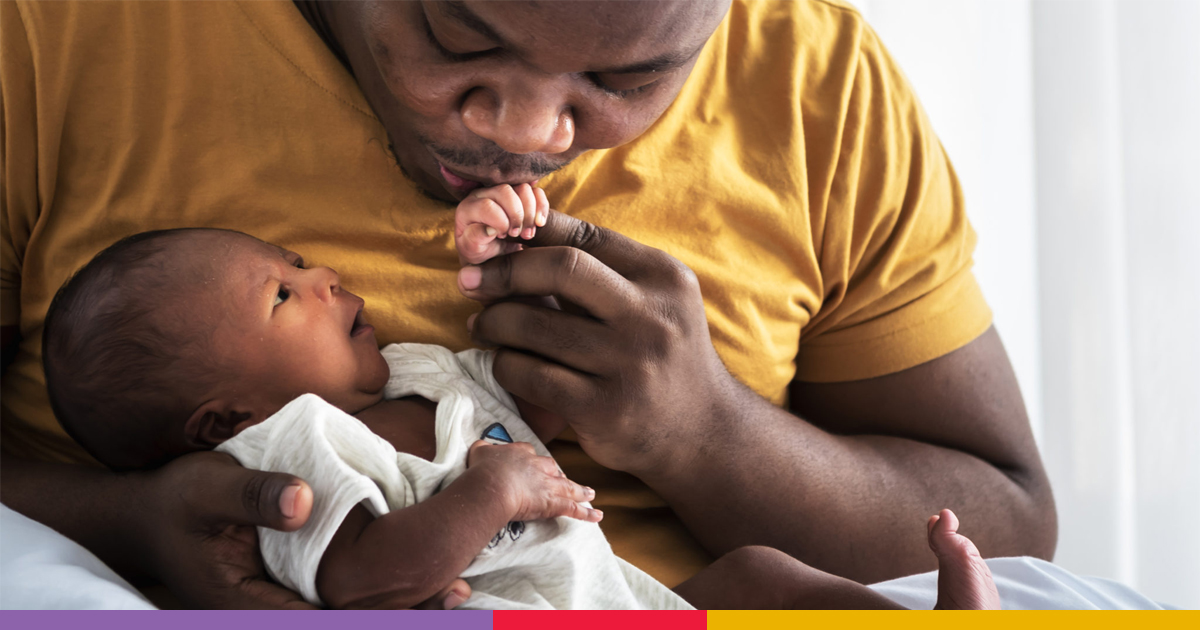On 25 October 2023, the Gauteng Division of the High Court of South Africa handed down a revolutionary judgement in the case of Van Wyk and Others v Minister of Employment and Labour [2023] ZAGPJHC 1213. The judgment, penned by Sutherland DJP, declared the provisions of the Basic Conditions of Employment Act, 75 of 1997 (“BECA”) relating to maternity, parental, adoption and commissioning parental leave, as well as the relevant provisions of the Unemployment Insurance Act, 63 of 2001 (“UIA”), unconstitutional and invalid.
The provisions of the BCEA and the UIA were declared to be inconsistent with constitutional rights to dignity and equality insofar as they unfairly discriminate between mothers and fathers and between one set of parents and another on the basis of whether the children were either born of the mother, adopted or conceived by surrogacy.
The application was brought to court by a Polokwane couple, Werner and Ika van Wyk, Sonke Gender Justice and the Commission for Gender Equality. The Centre for Human Rights and five other organisations intervened in the application as amici curiae. In the Centre’s amicus brief, which was filed jointly with Solidarity Center South Africa, International Lawyers Assisting Workers Network and Labour Research Service, an academic legal insight into South Africa’s obligations under various international and regional human rights law instruments was given to the court. The amicus brief also provided the court with insight into comparative parental leave policies around the world and global trends regarding parental leave, including concluding observations made by treaty bodies concerning the need for more inclusive paternity leave legislation and policies.
The declaration of constitutional invalidity has been suspended for two years to afford Parliament an opportunity to cure the constitutional defects in the impugned provisions of the BCEA and the UIA. Until then, Sutherland DJP ordered that there be a reading of the legislation to allow all parents four consecutive months of parental leave until Parliament effects the changes. In handing down this interim relief order, the court remarked that “All parents of whatever stripe, enjoy 4 consecutive months’ parental leave, collectively. In other words, each pair of parents of a qualifying child shall share the 4 months leave as they elect”
While acknowledging that maternity leave serves a legitimate physiological purpose of ensuring the recovery of a birthing parent immediately prior to and after childbirth, the court recognised that the current framework of the BCEA does not take into account more modern relationship dynamics where both parents share a commitment to the nurturing of a child. The court also remarked that the typical assumption that only the birthing parent should be the primary care giver of the child does not factor in different parental modalities and dynamics and is therefore not aligned with the constitutional principles of gender equality and dignity which ought to be afforded to all persons, including all parents.
The court held that “Parenting is sui generis and undoubtedly onerous, involving actual work, resilience in the face of exasperation, anxiety, unrelenting close attention to the new-born, extreme exhaustion, sacrifice of sleep and sacrifice of the pursuit of other interests. A father who chooses to share in this experience for his own well-being, no less than that of his children and of their mother, can indeed complain that the absence of equal recognition in the BCEA is unfair discrimination. A mother can on the same premise rightly complain that to assign her role as the primary care-giver who should bear the rigours of parenthood single-handed, is a choice that she and the father should make, not the legislature…".
The Centre for Human Rights welcomes this landmark judgment and the positive impact that it will have in fostering a more inclusive and equal society for parents and ultimately the wellbeing of children in South Africa. The decision contributes to calls for more inclusive parental leave reforms across the continent to ensure that children have access to the care of both parents and that women are not disproportionately saddled with childcare even where they have partners who want to share in that responsibility.
For more informational, please contact:
Michael Nyarko
Manager: Implementation and Litigation Unit
Centre for Human Rights, University of Pretoria
michael.nyarko@up.ac.za
www.chr.up.ac.za
Tamika Thumbiran
Waging Justice for Women Fellow
Advocate of the High Court
Centre for Human Rights, University of Pretoria
tamika.thumbiran@up.ac.za
www.chr.up.ac.za


